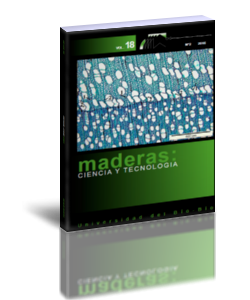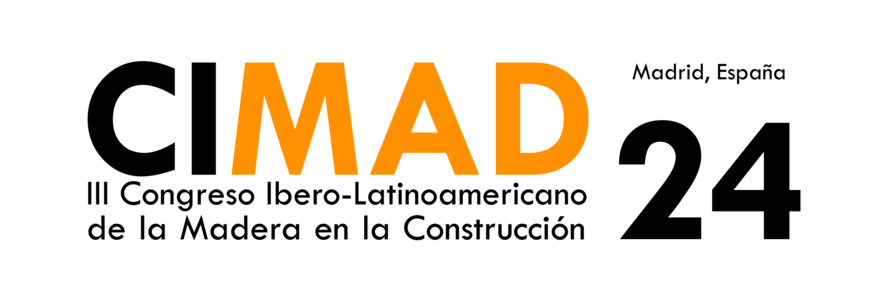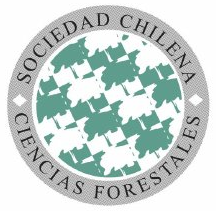Thermal analysis of oriental beech wood treated with some borates as fire retardants
Keywords:
Borates, differential-thermogravimetry, differential-thermal analysis, oriental beech, residual char, thermogravimetric analysis.Abstract
Wood is widely used as a construction material for many applications. To have knowledge about the thermal degradation characteristic of wood could be crucial for indoor and outdoor applications. Chemical treatments could improve the resistance of wood against fire and heat. In this study, to investigate the thermal properties of Oriental beech (Fagus orientalis) wood treated with 0,25%; 1% and 4,70% aqueous solutions of boric acid, borax, disodium octaborate tetrahydrate and mixtures of and in different proportions, thermogravimetric analysis, differential-thermogravimetry, and differentialthermal analysis were performed. Our results showed that borate treatment decreased the Tmax (maximum degradation temperature) and increased residual char amount. Higher concentration levels of borates resulted in higher char content of Oriental beech wood specimens. Residual char content of borate treated wood samples at fixed concentration of 4,70% ranked as in the following order: disodium octaborate tetrahydrate > boric acid + borax (7:3) > boric acid + borax (1:1) > boric acid > borax >Control. The highest residual char content was achieved for the sample impregnated with 4,70% disodium octaborate tetrahydrate among the all treated samples.

































